Serious consequences of motor overload
Date:2024-07-24 Author:Shandong Xinda Motor Co., Ltd.
Motor overload refers to the state where the current required by the motor during operation is greater than its rated current, causing the motor to operate overloaded. If this situation continues to occur, it will bring a series of serious consequences to the motor and its related systems. The following are the serious consequences that may be caused by motor overload:
1. Damage to the motor itself
Too high temperature: When the motor is overloaded, the current increases, which generates more heat and causes the motor temperature to rise. If the temperature is too high, it will accelerate the aging of the internal parts of the motor and shorten the service life of the motor. Long-term high temperature may also burn the insulation material inside the motor and even cause a fire.
Burnt coil: Overload will cause the motor current to be too large, and the wires are prone to overheating and burning under the impact of excessive current. The burning of the coil will not only cause the motor to malfunction, but may also pose a threat to the surrounding equipment and environment.
Damaged bearings: When the motor rotor rotates, it is supported by the bearings. If the motor is overloaded, the force on the motor rotor will be greater than the bearing can withstand, causing bearing damage. Damage to the bearings will increase the maintenance cost of the motor and may further affect the running stability of the motor.
2. System performance degradation
Reduced efficiency: When the motor is overloaded, its efficiency will be significantly reduced because it needs to overcome greater resistance to operate. This will not only increase the energy consumption of the motor, but may also affect the operating efficiency of the entire system.
Reduced output power: Overload will cause the motor's output power to decrease and fail to meet the originally designed working requirements. This may cause the system to not work properly or require the addition of other equipment to compensate for the lack of motor output power.
3. Impact on surrounding equipment
Power system fluctuations: When the motor is overloaded, the change in its current may cause fluctuations in the power system. This fluctuation may cause the power system to be unstable, which in turn affects the normal operation of other equipment.
Damage to control components: If the motor is connected to a control system, overload may also cause the contacts of control components (such as contactors, circuit breakers, etc.) to heat up, reduce their lifespan, or even burn out. This will further affect the control performance and stability of the system.
4. Safety hazards
Motor overload may also cause safety hazards such as fire. Especially when the insulation material inside the motor is burned, it may produce open flames or high-temperature smoke, posing a threat to the surrounding environment and personnel.
In summary, motor overload will lead to a series of serious consequences such as damage to the motor itself, degradation of system performance, impact on surrounding equipment, and safety hazards. Therefore, when using the motor, ensure that the motor operates within the rated load range and take appropriate protective measures to prevent the occurrence of motor overload.



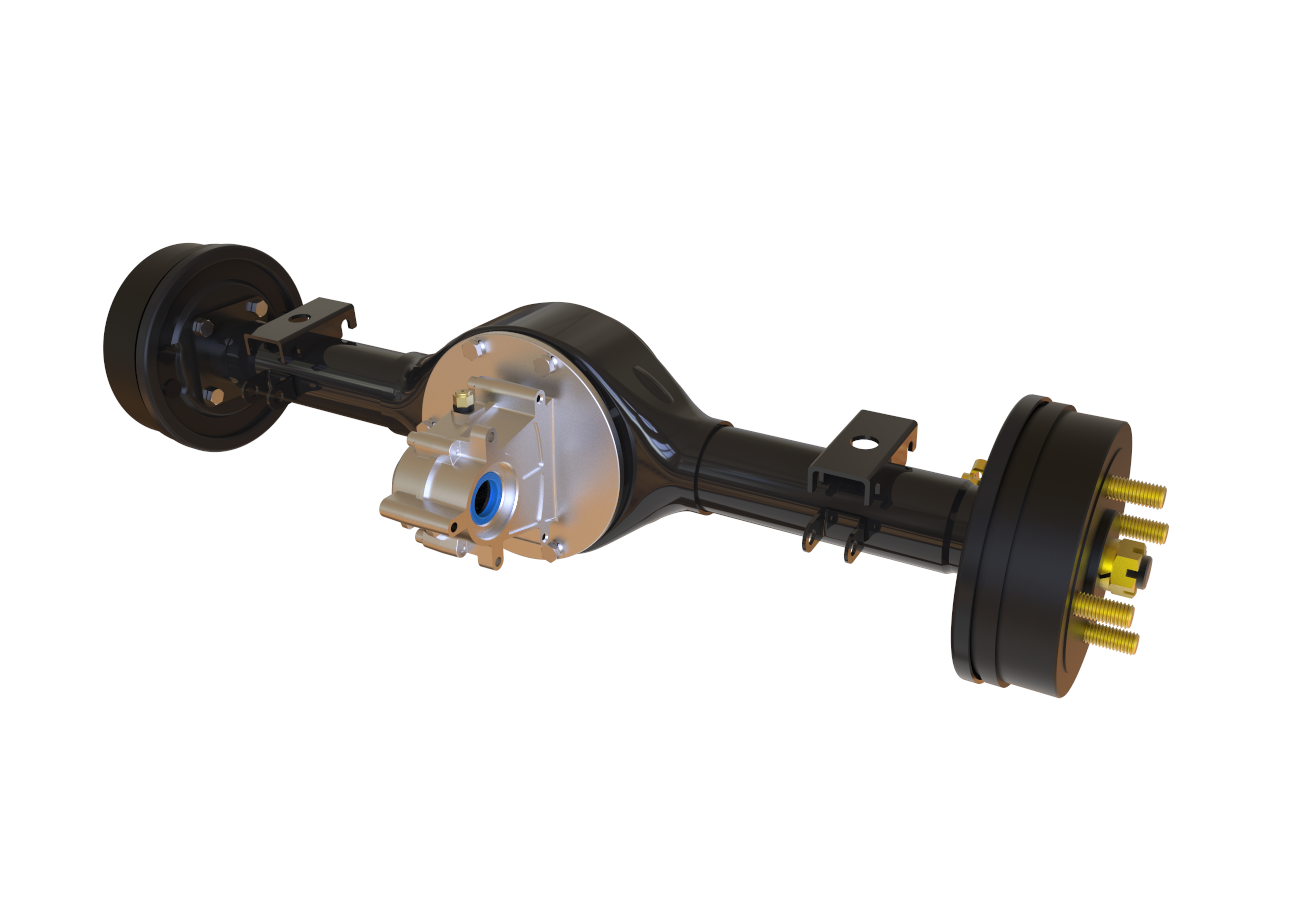
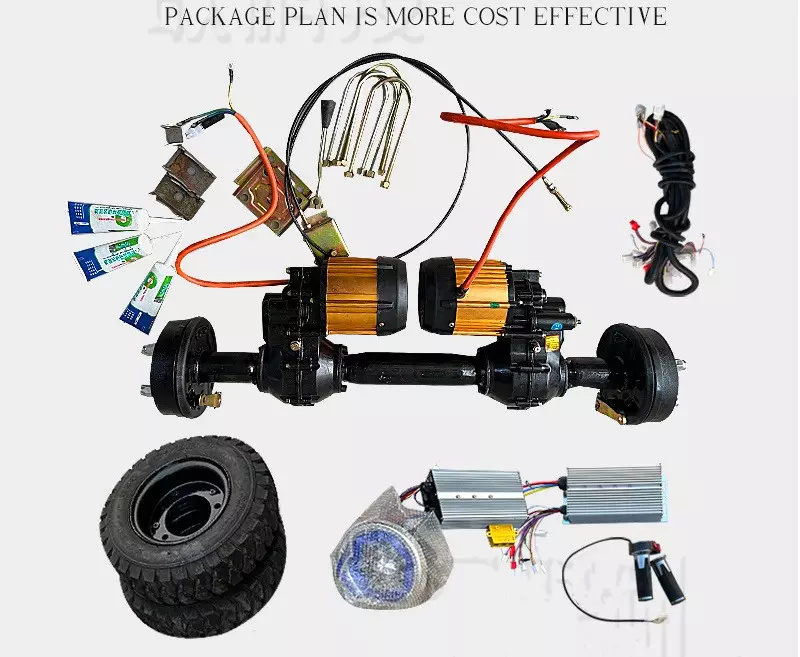

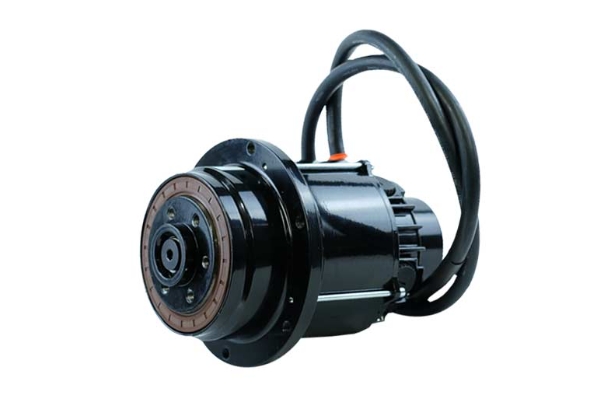
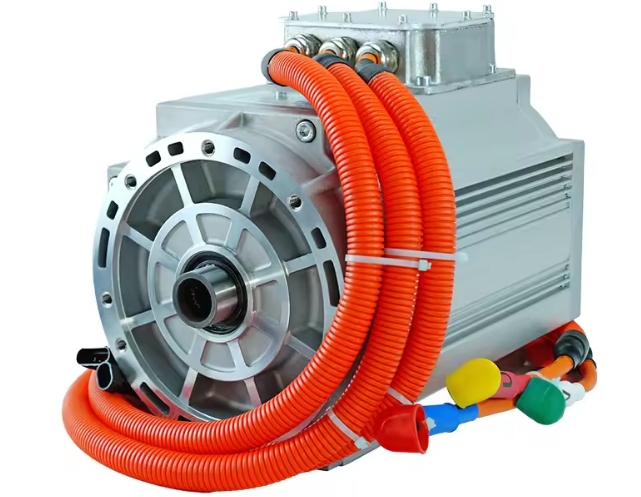
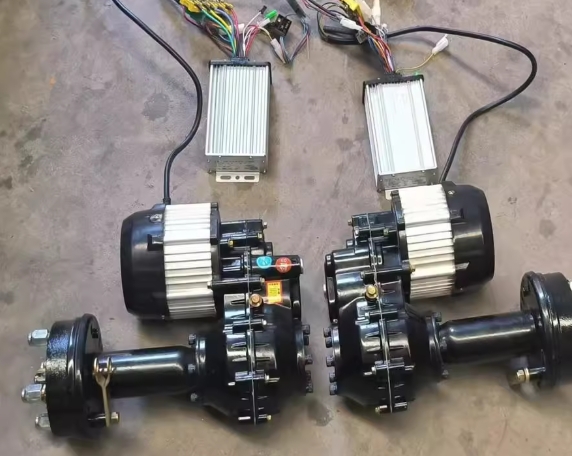
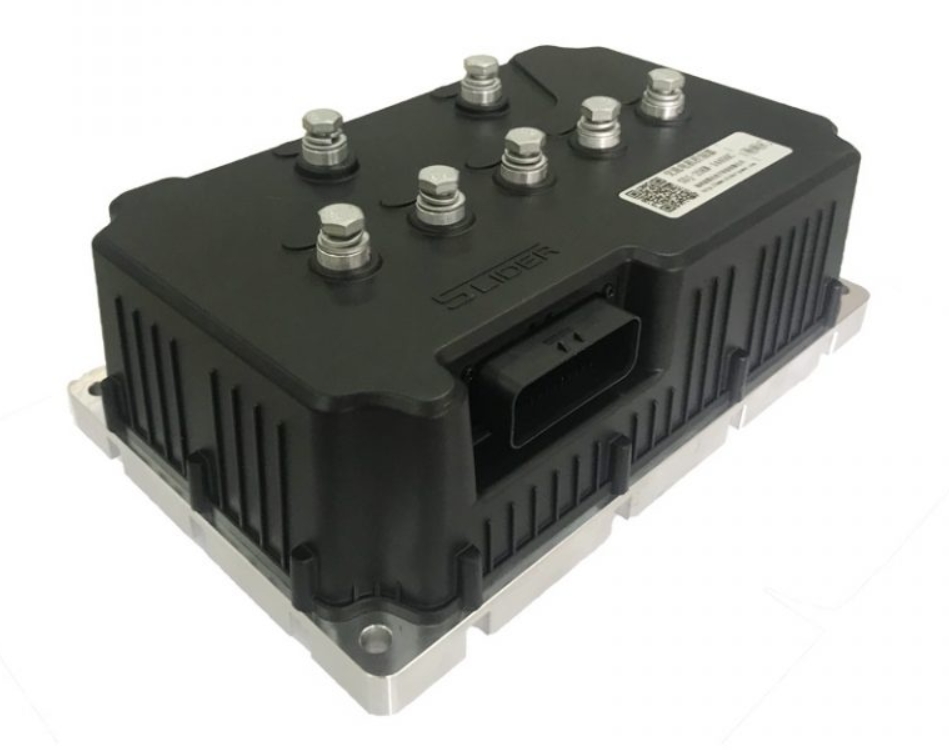

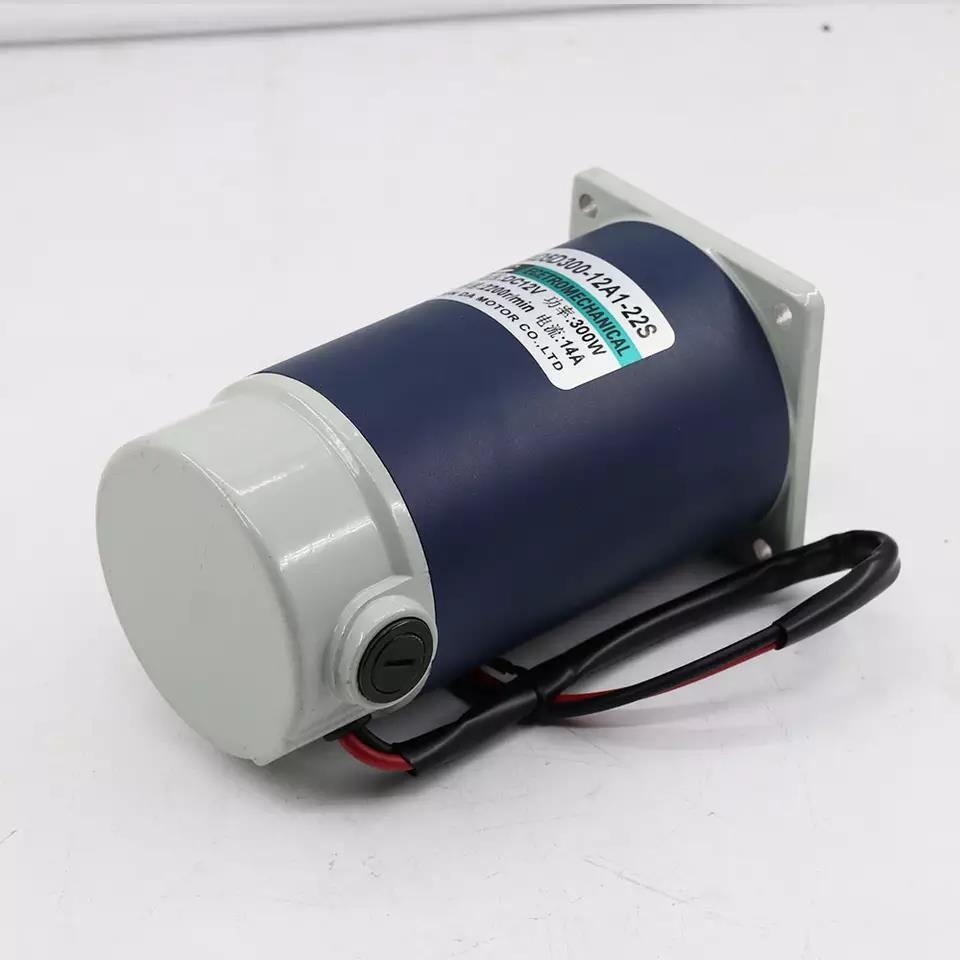
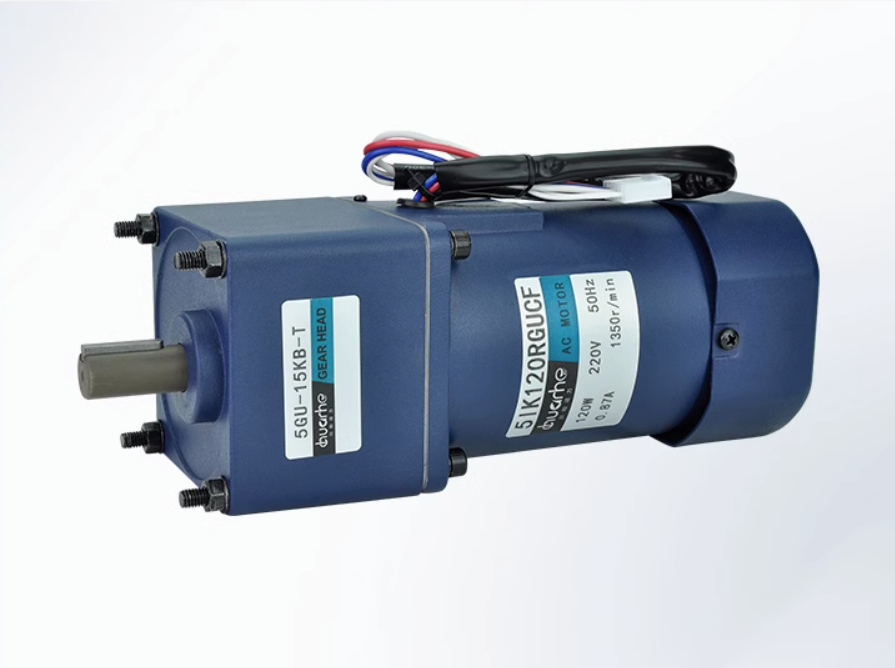
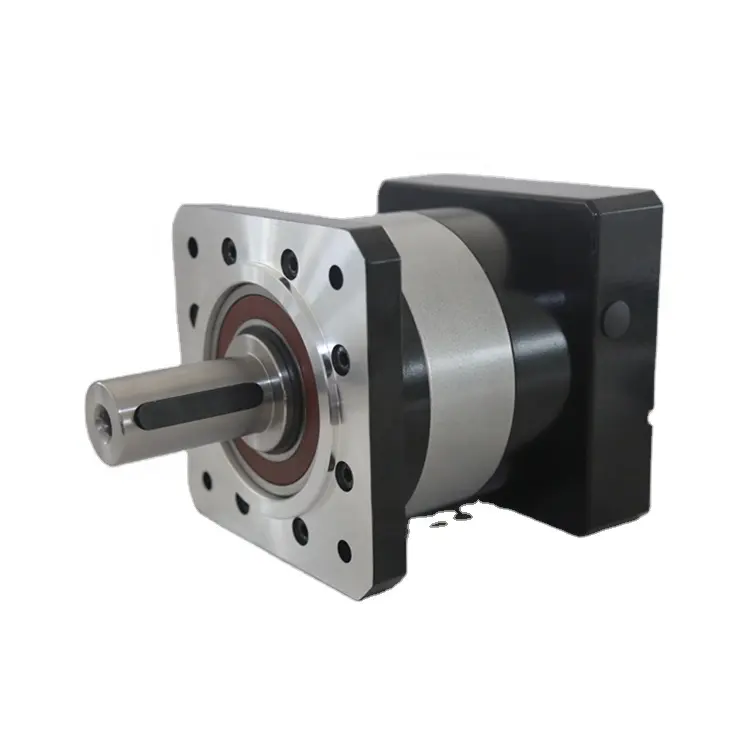
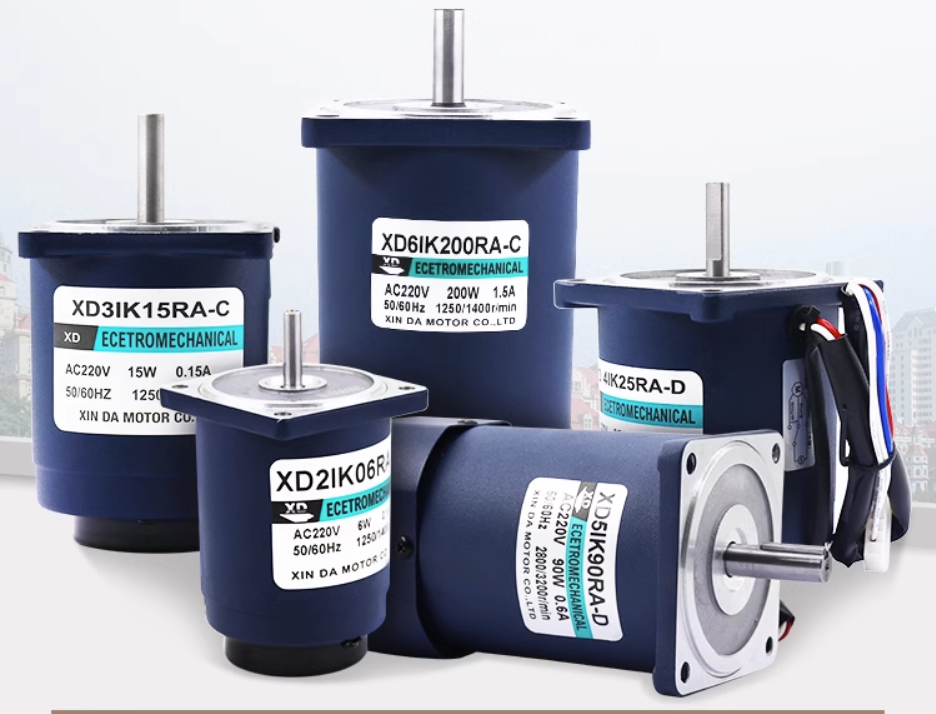


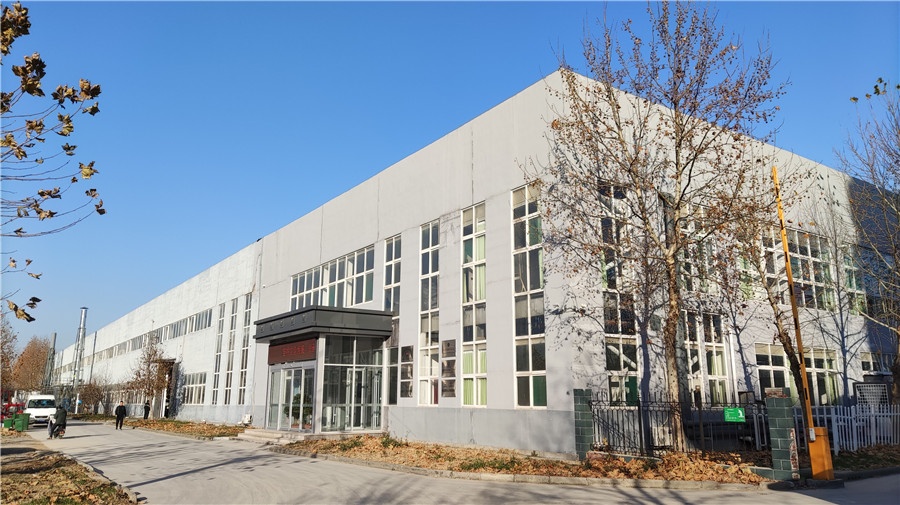
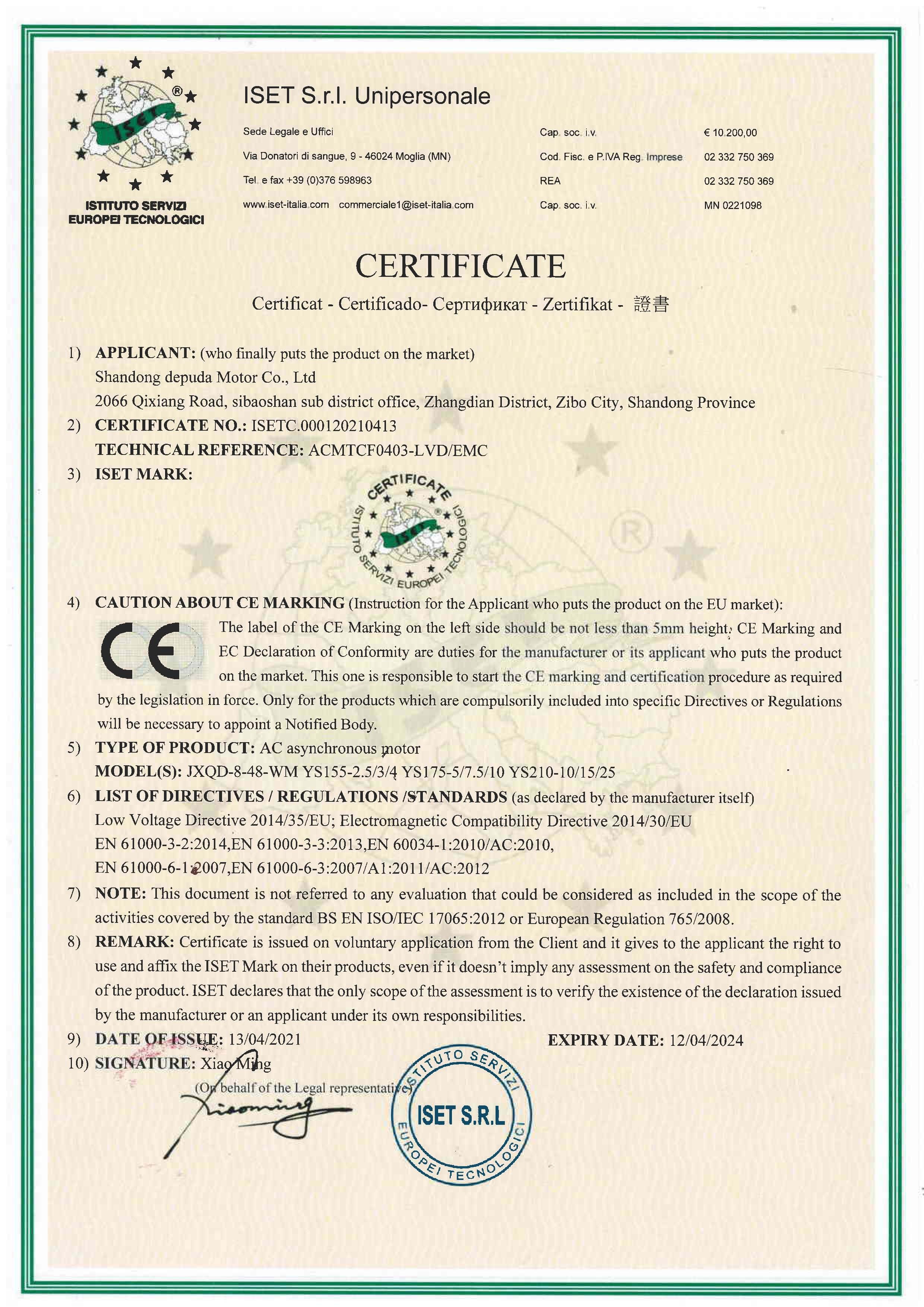
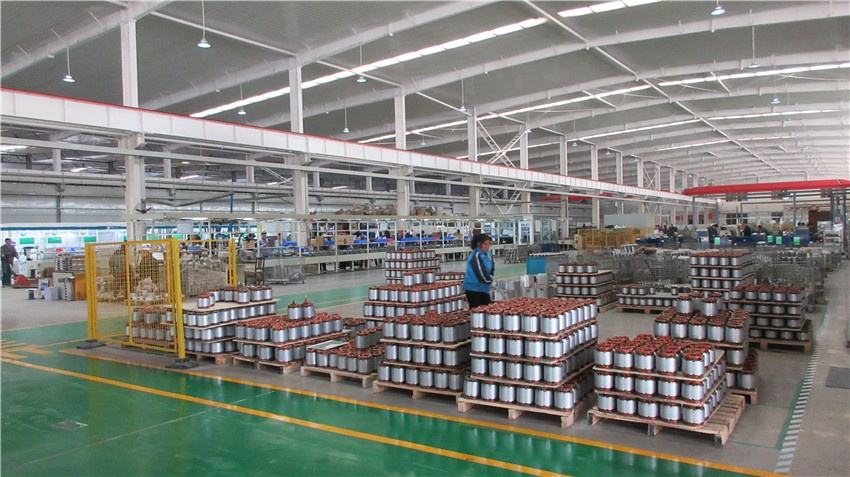




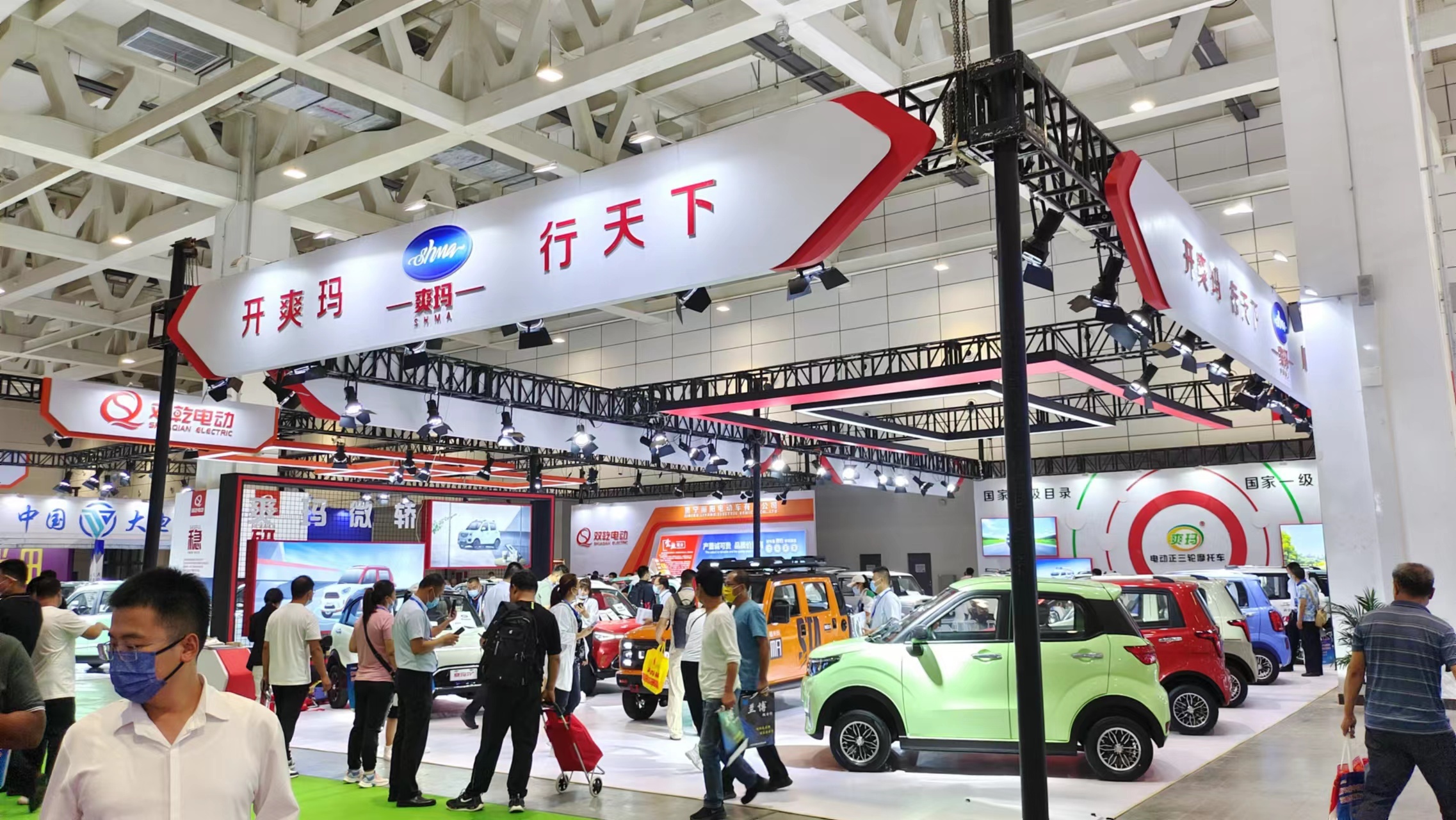


 XINDA
XINDA